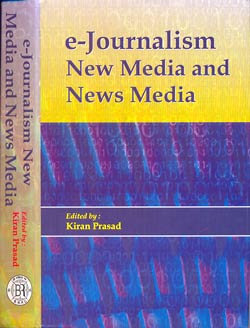Canberra.
I'll admit that I've skipped the ANZCA AGM to check out the (excellent) Museum of Australian Democracy in the front wing of Old Parliament House - well worth a visit, and I can now say that I've crossed the floor in both houses of parliament. The next session at ANZCA 2010, then, starts with a paper by Anna Daniel, whose focus is on computational journalism: a response to the changes in news consumption and production through the greater use of software and technologies that support journalistic work. The belief is that this approach can benefit the quality of journalistm, and in doing so set apart papers which use it from their competitors.

 First, with a chapter on "
First, with a chapter on "










